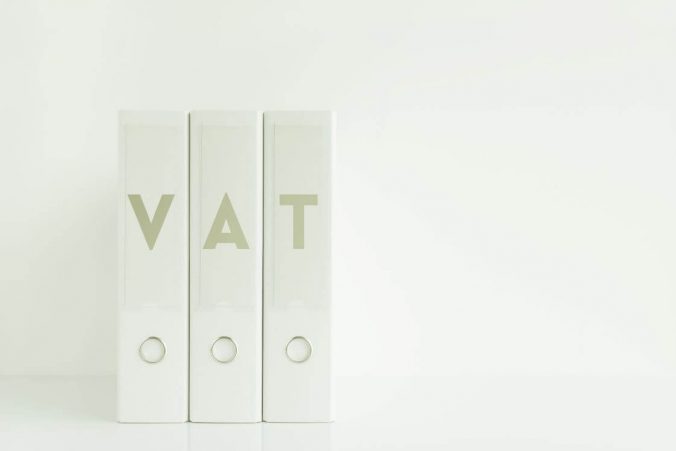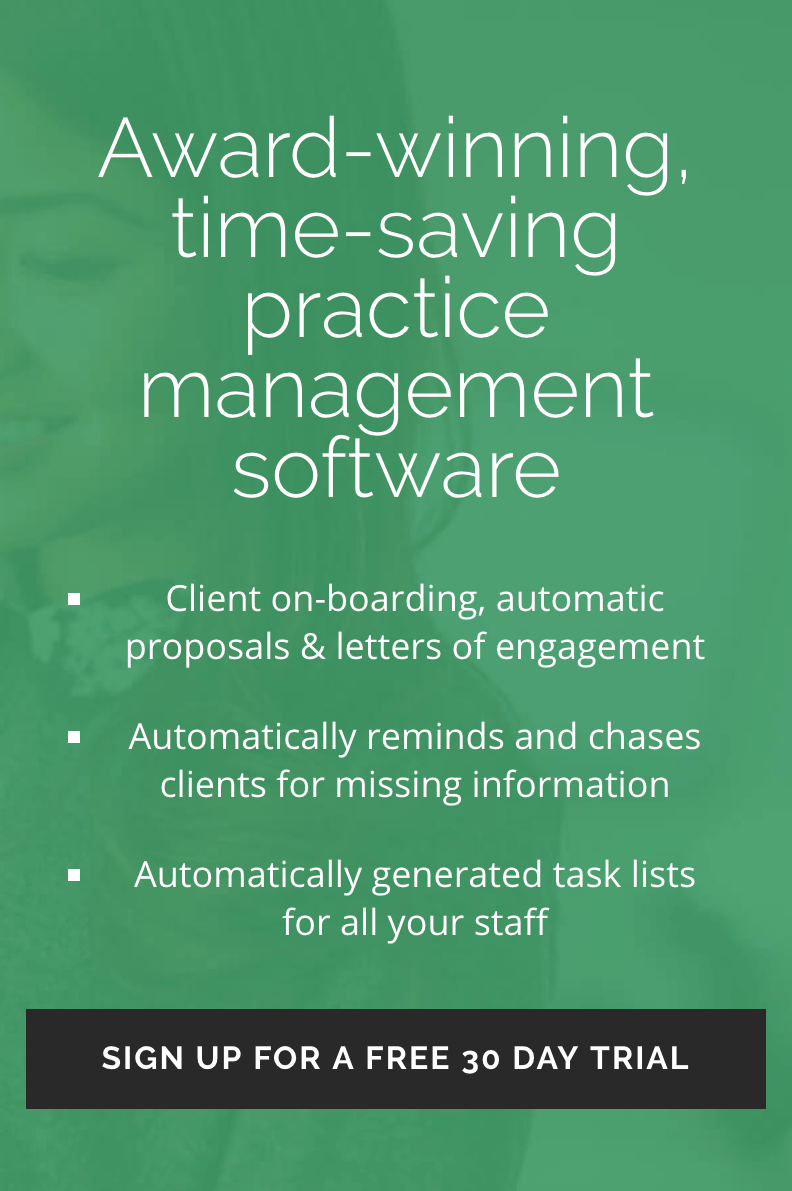The UK government launched an online platform to help businesses access financial support during the COVID-19 crisis.
The Coronavirus Business Support Finder Tool will guide businesses through the range of loans, tax reliefs and cash grants to combat the adverse economic effects of the COVID-19 lockdown.
The tool asks business owners to fill out a short online questionnaire. It then directs them to a list of financial support for which they may be eligible.
The tool takes the user through various questions about their business, including location, number of employees and turnover.
Chancellor Rishi Sunak said:
‘We’ve launched an unprecedented package of support to protect jobs, businesses and incomes during these challenging times. Millions are already benefiting and this new online tool will allow firms and individuals to identify what help they are entitled to in a matter of minutes.’
Want to share this information with multiple clients at once? Utilise AM’s bulk email tool and keep them informed.











